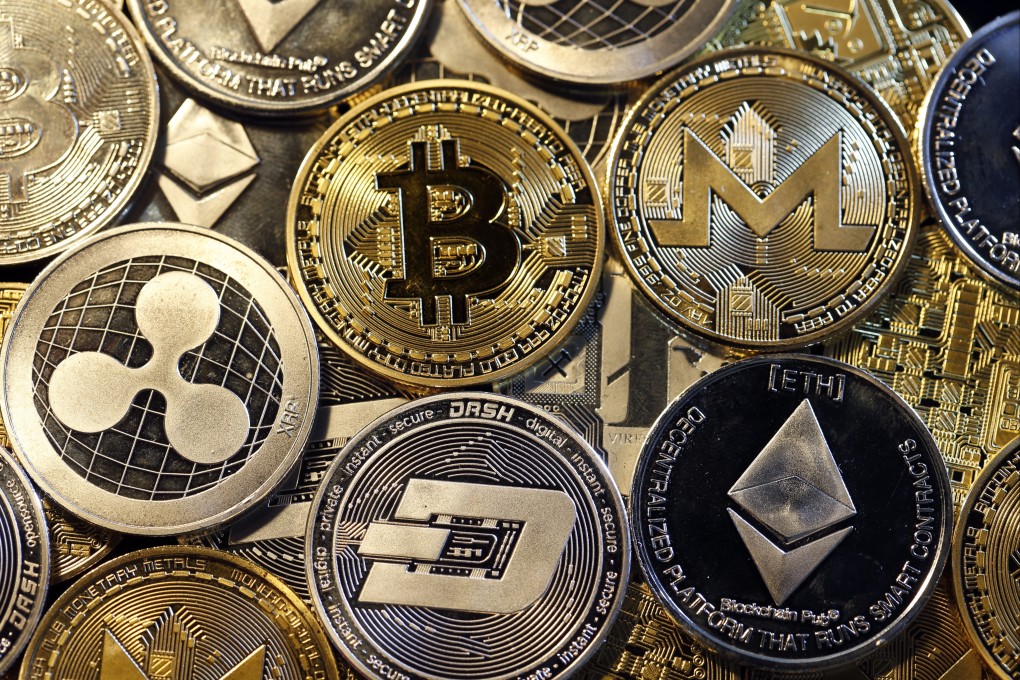A deep dive into the mysterious subcultures of cryptocurrency obsessives
- They call each other ‘fam’, cheer those doing well and commiserate with those who get ‘rekt’ – they belong to online communities driving cryptocurrencies

I can’t explain exactly how I ended up on crypto Twitter (or CT, as it is known in the cryptosphere) and in the cryptocurrency-focused Telegram and Discord groups I started lurking in late last summer.
There was a bull run (when stock prices are on the rise) going on at the time – market confidence was high, investors were buying and prices were going up – and whenever cryptocurrency values skyrocket, the press spew headlines about improbable fortunes.
The subject was impossible to avoid, and my long-standing if until now private, nerdy interest in the machinery of our enigmatic financial markets propelled me towards it.

At first I felt a little dirty, a little shameful. Everyone is in these spaces for one reason: to make money. It’s a subject that remains uncouth to speak about in my wider professional and social milieu.
Soon, though, my shame started to interest me. I stayed a little longer, thumbing through channels on the train or in bed late at night. It’s a kind of rubbernecking only the internet allows, providing access to a subculture to which you don’t belong.
